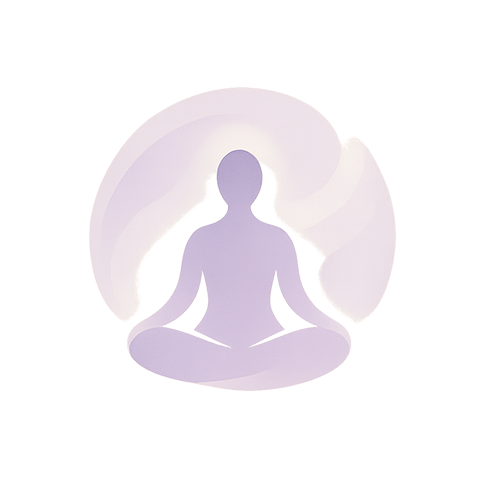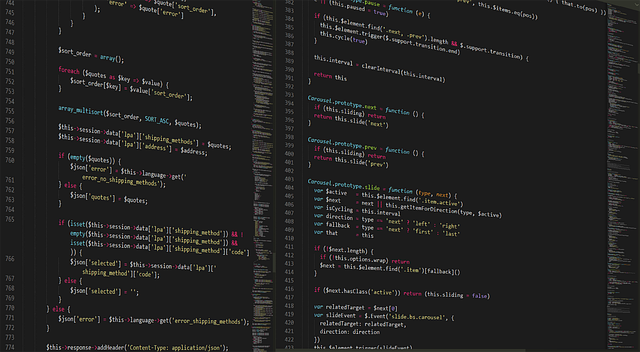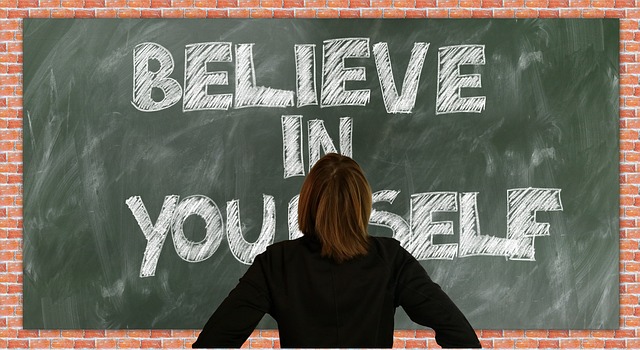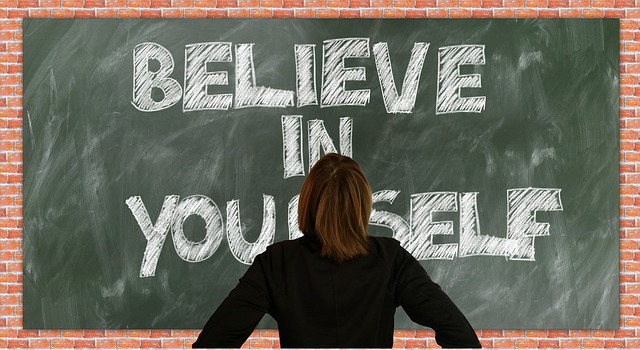Mastering Personal Effectiveness: A Development Guide
In our fast-paced world, the quest for personal effectiveness has become more essential than ever. Whether you’re a student trying to manage coursework, a professional aiming to climb the corporate ladder, or someone striving for personal growth, honing your personal effectiveness can unlock new pathways to success.
Understanding Personal Effectiveness
At its core, personal effectiveness is about achieving your goals efficiently and with purpose. It encompasses a blend of time management, emotional intelligence, decision-making skills, and resilience. Essentially, it’s about doing the right things, at the right time, and doing them well.
The Pillars of Personal Effectiveness
1. Time Management
Time is a finite resource. To master your personal effectiveness, you must learn how to manage it wisely. Tools like calendars, to-do lists, and prioritization techniques help ensure you focus on what truly matters. The Pomodoro Technique, where you work in bursts followed by short breaks, is great for maintaining focus and energy.
2. Emotional Intelligence
Your ability to understand and manage your emotions plays a huge role in personal effectiveness. Cultivating emotional intelligence allows you to navigate challenges, build relationships, and inspire others. It involves self-awareness, empathy, and communication skills that can enhance your interactions, whether at work or in daily life.
3. Goal Setting
Setting clear, achievable goals is fundamental to personal effectiveness. Use the SMART criteria (Specific, Measurable, Achievable, Relevant, Time-bound) to define your objectives. Regularly revisiting and adjusting your goals ensures that they align with your evolving aspirations.
4. Continuous Learning
To be effective, one must be adaptable and open to growth. Commit to lifelong learning, whether through formal education, reading, or seeking mentorship. This mindset not only increases knowledge but fosters resilience in the face of changing environments.
Strategies to Enhance Personal Effectiveness
1. Reflection and Self-Assessment
Take time to reflect on your achievements and areas for improvement. Keeping a journal can provide insight into your progress and help you strategize future actions. Self-assessment tools, such as SWOT analysis (Strengths, Weaknesses, Opportunities, Threats), can also be beneficial.
2. Embrace Feedback
Seeking feedback from peers, mentors, or supervisors can offer new perspectives on your effectiveness. Constructive criticism can highlight blind spots and provide a clear path to improvement.
3. Stress Management Techniques
High stress can significantly impact your personal effectiveness. Incorporate stress management practices like mindfulness, meditation, or physical exercise into your routine. Managing stress not only keeps you focused but also promotes overall well-being.
4. Networking and Collaboration
Don’t underestimate the power of connections. Engaging with a network of supportive individuals can provide motivation and inspiration. Collaborating with others can also enhance creativity and lead to innovative solutions for challenges you face.
A Personal Journey
Remember, mastering personal effectiveness is a journey rather than a destination. Each individual will have their own unique path, filled with successes and setbacks. Embrace the learning process, and remain patient with yourself as you grow.
As you venture into enhancing your personal effectiveness, remember that taking small, consistent steps will lead to significant progress over time. Simplifying complex tasks, prioritizing your well-being, and maintaining a curious mindset are all components that contribute to your journey toward being your most effective self.




